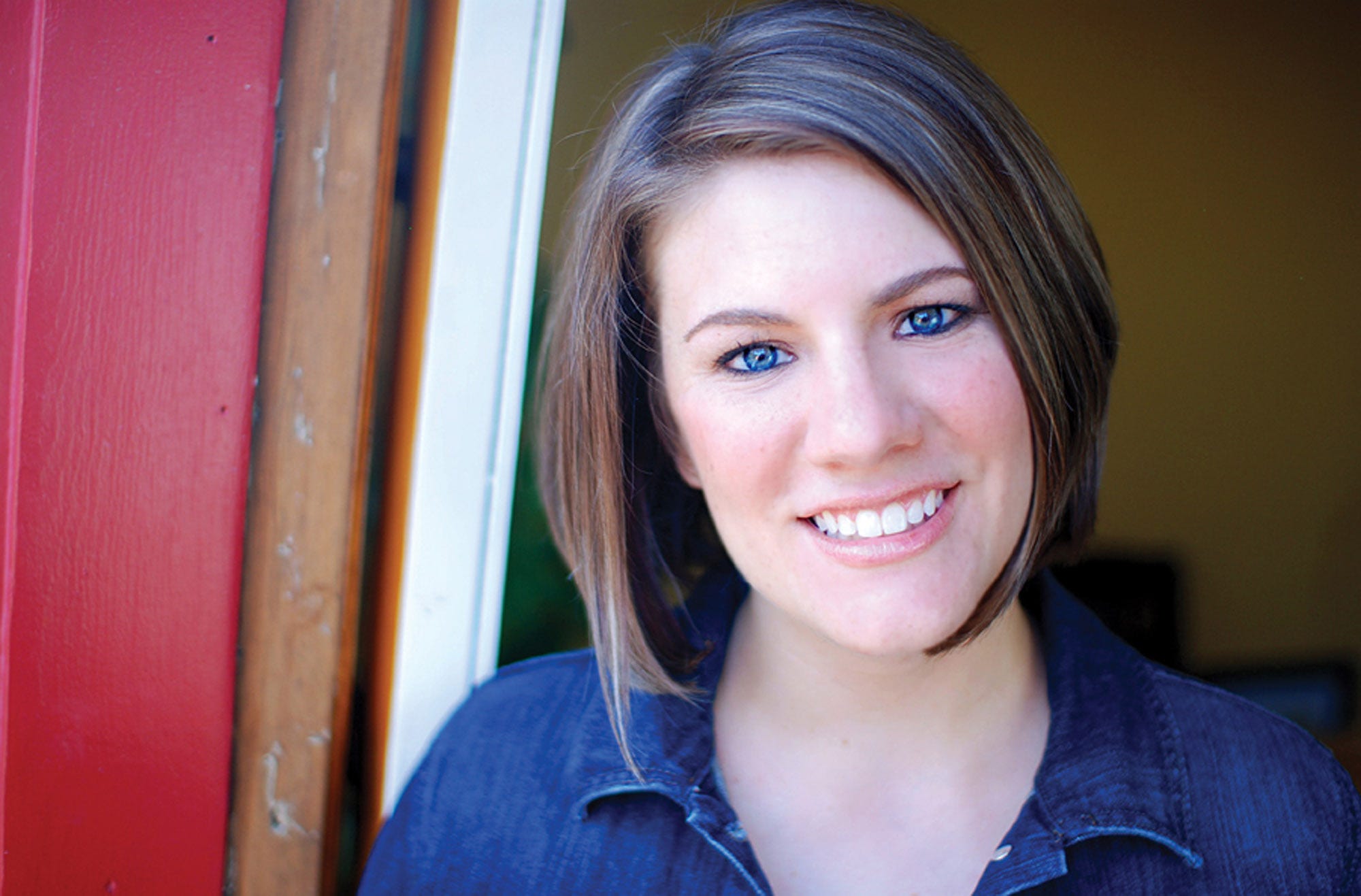
V Good And Evil (i Garden Of Eden, ii Wilderness, iii Search IV The Victims (i Vengeance ii Head And Heart, iii Political) III Macbeth (i Gender, ii Ghostliness, iii Three,) This piece comprises five main parts divided up as follows: Thus ‘strife’ – the hopeless attempt of good to overcome evil – is shown to be a permanent condition both of the individual and of society. While the conflict is shown to be internal to the narrator, and by implication to each of us, it is also presented as political. Accordingly, sides of the narrator representing good and evil are shown to be engaged in an apparently irresolvable conflict. The suggestion is that evil cannot be overcome by good because good and evil are aspects of a single reality. Rather, I suggest, it is about the roles of good and evil in our lives. The issue, then, is not whether the narrator is good or evil. Instead I will argue that the song shows good and evil to be inextricably combined, so that the narrator both is and is not a false prophet, and that this is something the narrator only gradually, and imperfectly, comes to realise.

In any case even attempting to do so might be to miss the point. Since an extraordinary amount of what the narrator says is open to more than one interpretation, it would be foolish to come down on one side or the other.

The narrator here repeatedly denies being a false prophet yet the title suggests the denial itself is false. A false prophet is a person who falsely claims to speak for God and who does so for evil ends.


 0 kommentar(er)
0 kommentar(er)
